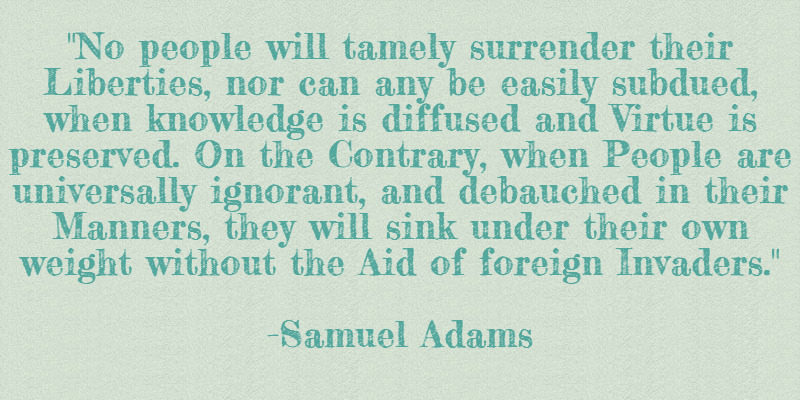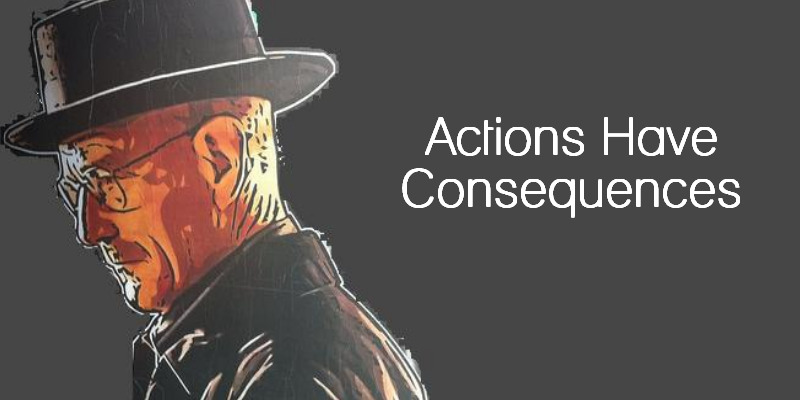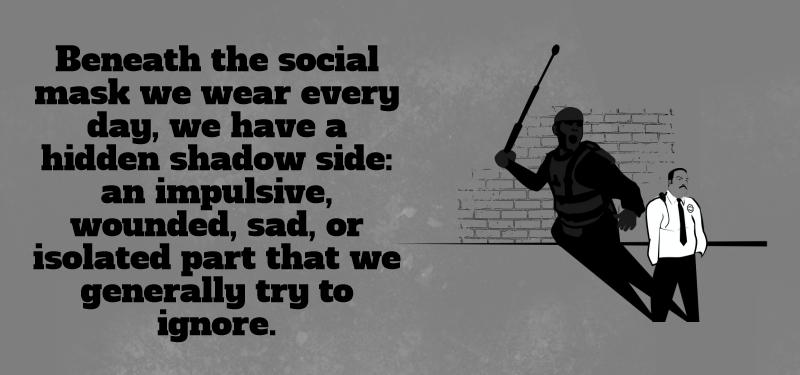The books are known for portraying an exceptionally violent rendition of life in the Middle Ages, to which many people ascribe the famous Hobbesian maxim, “Life is nasty, brutish, and short.” What may not be readily apparent to both readers and TV show viewers, is that there is strong evidence suggesting that Martin is in fact actually trying to convey a non-aggressive or pacifist message, more consistent with his own conscientious beliefs, than a cynical or Hobbesian perspective.
In creative writing, the gold standard is “show, don't tell.” Martin does this so well and so subtly, that many people are not even aware of the novel's pacifist themes. In fact, many readers assume the opposite. Both the novel and the TV show have often been criticized for being too violent. There is a good deal of rage, bloodshed, war, cruelty, death, tragedy, rape, incest, profanity and sex. On account of this fact, it's no wonder that some derive a cynical or “everyone is evil” mindset from the books and show. However, Martin has stated that he wants to make A Song of Ice and Fire realistic like the Middle Ages and real life. Some people tend to mistake this realism for proof of the novel's amorality, but it is not actually amoral.
Ironically, you don't often come to higher order understanding about non-aggression or ethics by refusing to address the fact that people are capable of aggressive and unethical acts, and that there are consequences to such actions. (Before you continue reading, please note that this essay contains mild book 1-3 spoilers, and Season 1-4 TV show spoilers.)













